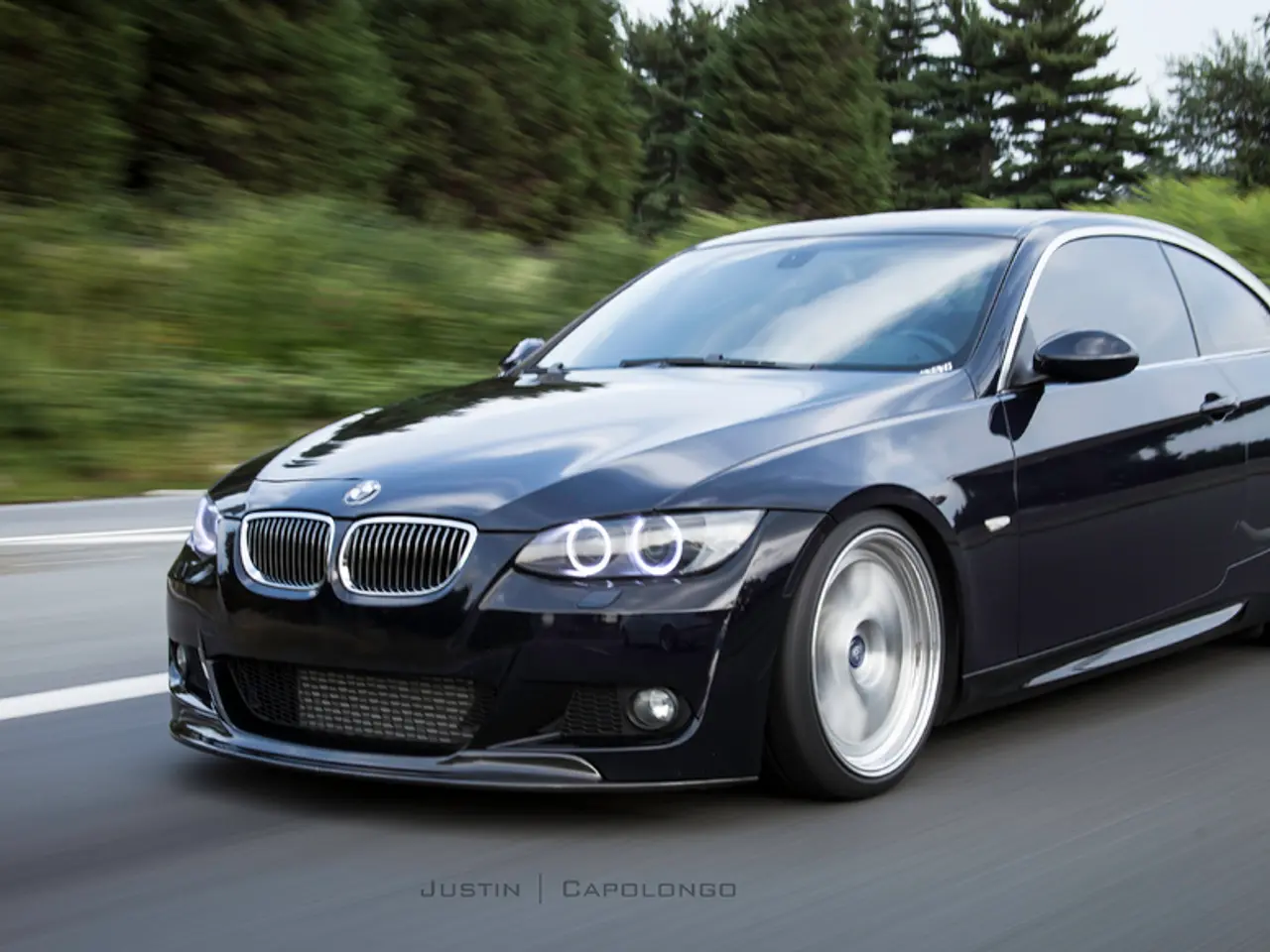Mercedes disclaims plans to utilize BMW engines in their vehicles.
In a recent turn of events, rumours of Mercedes-Benz considering a partnership with BMW to use the latter's B48 engine for plug-in hybrid electric vehicles (PHEVs) beyond the CLA and GLA, including the C-Class and E-Class, have been debunked.
The speculation arose due to the necessity for Mercedes to find a compact gasoline engine for PHEV applications. However, Mercedes' representative, Schäfer, has stated that the company has no plans to borrow hardware from another automaker, especially not its biggest rival, BMW.
The rumoured partnership seemed questionable given Mercedes' existing partnership with Geely, a Chinese automaker. Geely, in fact, has a joint venture with Renault, known as Horse, focused on electrified combustion engines.
Mercedes has developed its own new family of modular engines called FAME, which covers all displacements and meets EU7, China 7, and US regulations. The company's CEO, Ola Källenius, has emphasized Mercedes' independent technology path, while denying the reportedly planned partnership with BMW.
Earlier reports suggested that the partnership, if it existed, would involve Mercedes sourcing four-cylinder gasoline engines from Munich. However, Källenius has clarified that there are ongoing discussions about possibly sourcing certain four-cylinder engines from BMW starting in 2027 due to cost pressures and weak sales, but no full partnership has been confirmed.
It's worth noting that the B48 engine was believed to be incompatible with EVs using range-extending technology, where the gas engine serves as a generator to charge the battery on the go, much like in the i3 REx. This technology is not typically used by Mercedes.
The rumoured partnership was said to accelerate development, reduce costs, and bring PHEVs to market faster and at lower prices. However, with Mercedes' denial and focus on its own technology, it appears that the automaker is set on continuing its independent path in the realm of hybrid and electric vehicles.
Rumours of a potential partnership between BMW and Mercedes surfaced last month, causing a stir in the automotive industry. Yet, it seems that for now, the two giants will continue to compete independently, each pursuing its own technological advancements in the field of PHEVs.
Read also:
- Condor Reveals Q2 Results for 2025 and Secures a $5 Million Bridge Loan
- More than half of British homes adhere to insulation standards established during the 1970s.
- While Éowyn's storm caused a massive €301 million in damages, fossil fuels maintain their position as the leading power source.
- Transition in Energy: Merz Administration Plans Enactment of Heating Revolution from 2026







